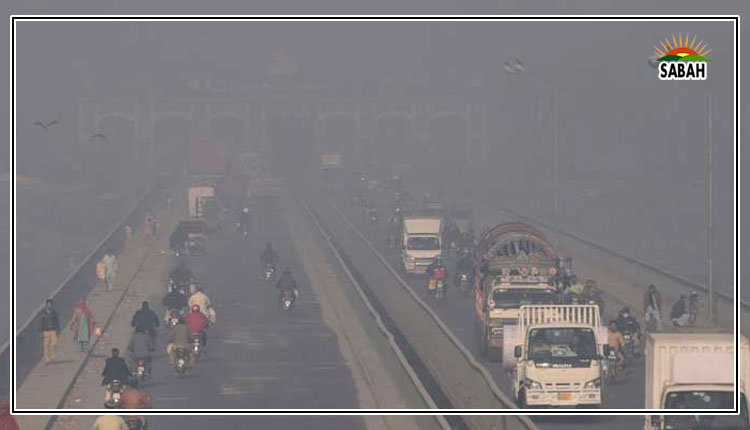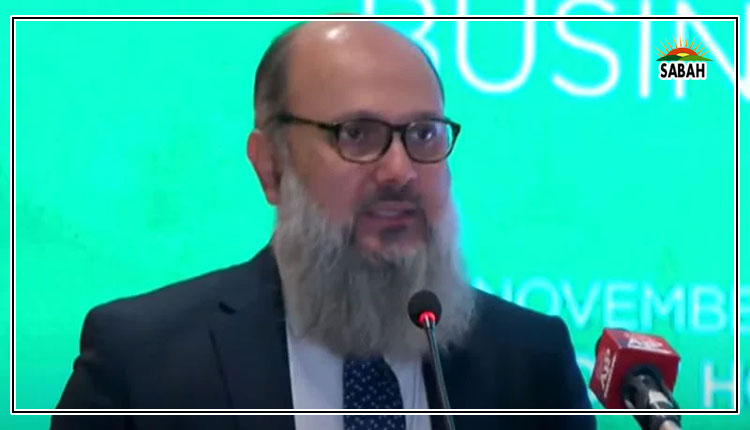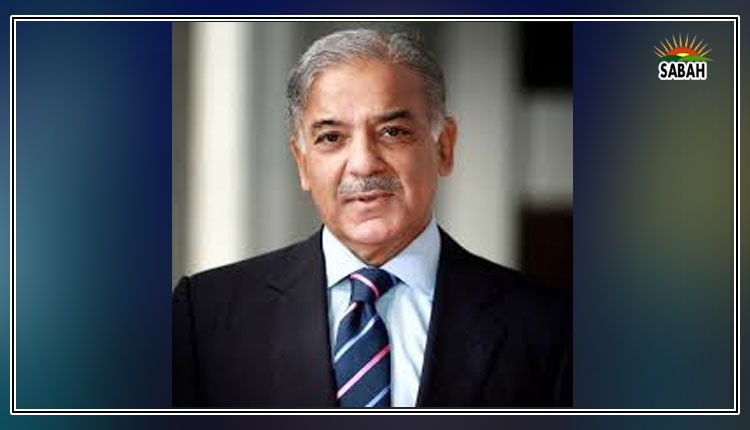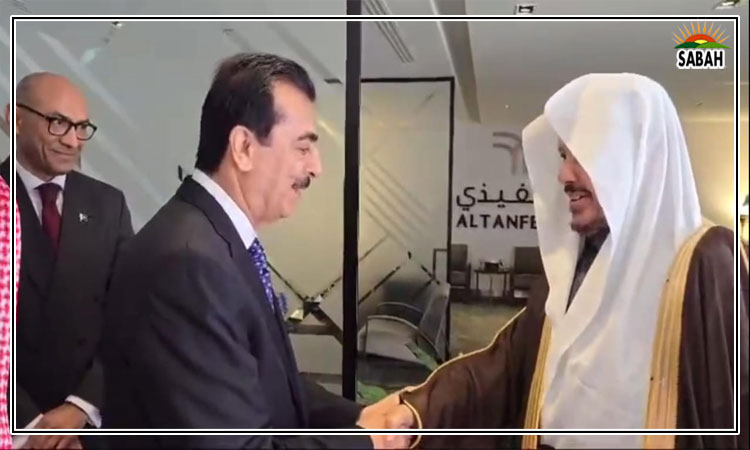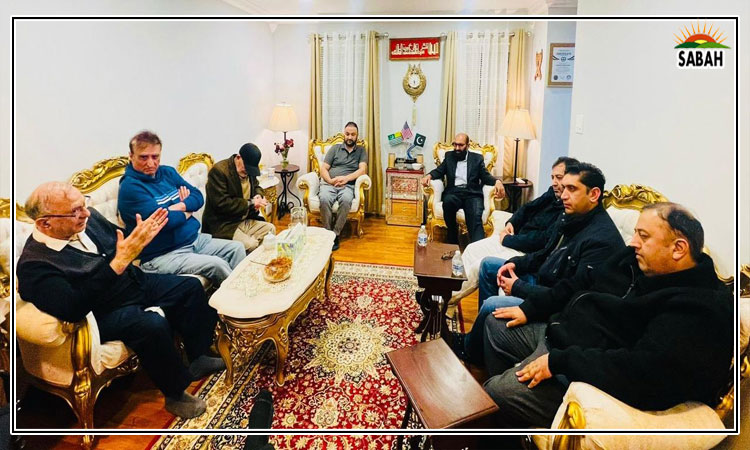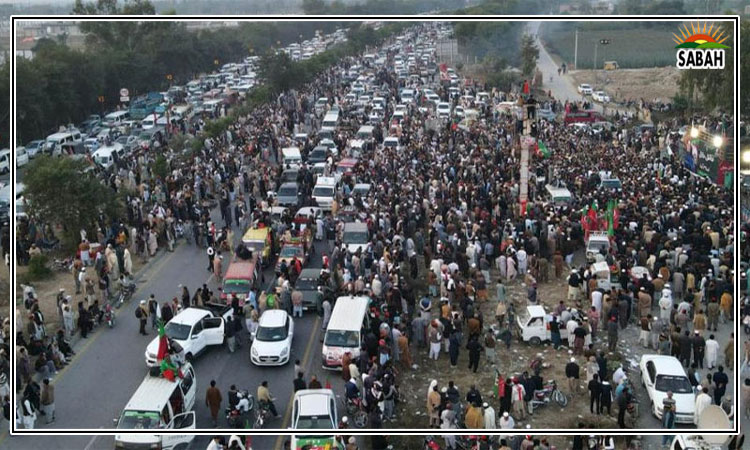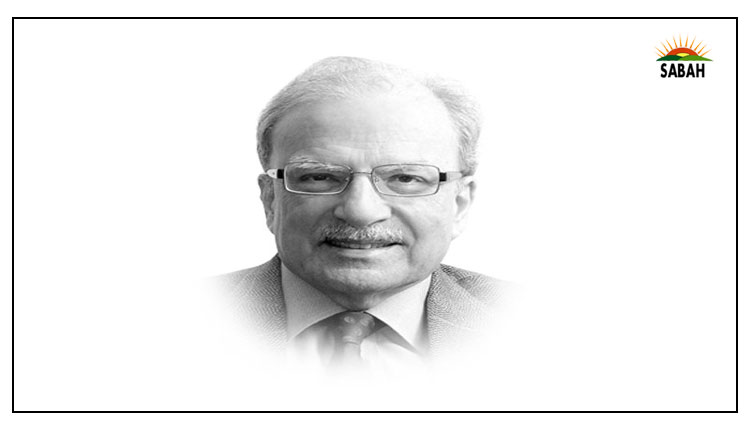Some weaknesses in the Indian growth model… Shahid Javed Burki
In the article published in this space last week, I said I would come back and discuss some weaknesses in the much-touted and much-advertised model of growth followed in recent years by India. India is now on the way to becoming the worlds third largest economy overtaking Japan. It has already gone past China in terms of the size of the population. It is now the worlds largest country. The Indians both the people and the government are proud of what they have achieved. We in Pakistan, on the other hand, have gone on a different route. Not a day passes when the countrys major newspapers dont carry some story or other highlighting some weakness in the Pakistan economy and the way the countrys political system is evolving.
In this context I should mention a conversation with LK Advani who was the deputy prime minister of India in the government headed by Atal Bihari Vajpayee. I met both in the meetings arranged by Arun Shouri who was my colleague at the World Bank. Shourie had resigned and gone back to India, become the editor of The Indian Express and then moved into politics and joined the Bhartiya Janata Party (BJP). He was a minister in the Vajpayee government. Familiar with my writings, he said that it would be useful for me to meet with Indias major political personalities. He arranged for me to meet with Vajpayee and Advani. My first meeting was with Advani.
Advani greeted me warmly and said that he looked forward to our conversation which should focus on India-Pakistan relations and also differences in the development experiences of the two countries. We have a lot to learn from each other, he said. Before proceeding with the conversation, he said that he wanted to make a remark which I might not like. Why is it that we Indians love India while Pakistanis dont like Pakistan. I follow Pakistan closely after all I was born there and read a fair amount what Pakistanis write about their country. I am familiar with your writings and you are a rare Pakistani who remains positive about Pakistan.
Advani then went on to explain why he had formed that view about the way Pakistanis look at their country. He said that when Pakistanis call on him he tests their views about their country by saying something negative about Pakistan. In response, they go several steps beyond what he had said about their country. This has happened several times, he said. He said his fellow Indians quarrel among themselves on a number of issues but when they go abroad or have conversations with foreigners, they speak with one voice. Pakistanis behave differently.
Made sensitive by Advani about views of Pakistanis about Pakistan, I have experienced the same phenomenon. In most Pakistani gatherings in Pakistan and in the United States, I come across this negative view. I am not suggesting that we should be irresponsibly patriotic but we should express our views with the knowledge that the world is listening to what we are saying about ourselves and our country. The Gautam Adani episode about which I wrote last week is a good example of how impressions about a country affect foreign involvement which is necessary to move the economy forward. There are many things that have gone wrong in Pakistan in recent times, but we should focus on how the mistakes made by policymakers can be corrected. In my recent book on Pakistan published by Oxford University Press a couple of months ago, I have focused on how Pakistan is positioned in the rapidly changing world. The book, Pakistan: Statecraft and Geopolitics in Todays World, suggests the areas of policymaking which would help Pakistan pass the hurdles it faces.
Returning to the situation in India, the Western media and those making international policies have begun to notice some of the negative developments in India. Most troubling is the consolidation of power in the hands of the Hindu-extremist political party that now governs the country. The BJP has openly adopted Hindutva as the countrys governing philosophy. According to this, India is for Hindus and minorities that make up 20 per cent of the countrys population must be made to recognise this. The result is not only mistreatment of the large Muslim population in the country estimated at 200 million people. One of the mainstream American newspapers carried on its front page the story of how a state in central India peopled by forest people have been converted to Christianity. The converts have been attacked by Hindu vigilantes and their houses destroyed, but the BJP-led government has not moved to give them protection. People of other religions have also been targeted, in particular those following the Muslim faith.
The Indian people and its government have shown intolerance about non-Hindus. Its government also shows total intolerance when some foreigners or foreign organisations find some fault with the government. One recent episode is a good indication of the way the BJP government has reacted to criticism. BBC recently produced a documentary that was critical of the BJP governments policies towards non-Hindus. The government reacted. The organisations New Delhi offices were raided by the authorities and some of the people working in them were harassed. This incident made news in Britain and was aired for a number of days on its domestic and foreign broadcasts. But New Delhi was not bothered at the negative reading of the Indian situation.
My point is a simple one. We should look objectively at ourselves and the country that was founded more than 75 years ago to preserve the Muslim way of life in South Asia. My recent book to which I referred above has an analysis of the difficult world in which Pakistan lives today. With the exception of China, our other three neighbours are dealing with their problems that may have consequences for Pakistan. We should be mindful of these problems. The arrival in Pakistan of terrorism associated with the Taliban has already created difficulties for Pakistan. This will, of course, need to be firmly dealt with. At the same time our geographic situation provides opportunities Pakistan should become aware of, study and act upon. Chinese investments in highway construction in Pakistan should be extended to Afghanistan and beyond Afghanistan to the landlocked countries of Central Asia. If this were to happen Gwadar would become a major Asian port.
Courtesy The Express Tribune


